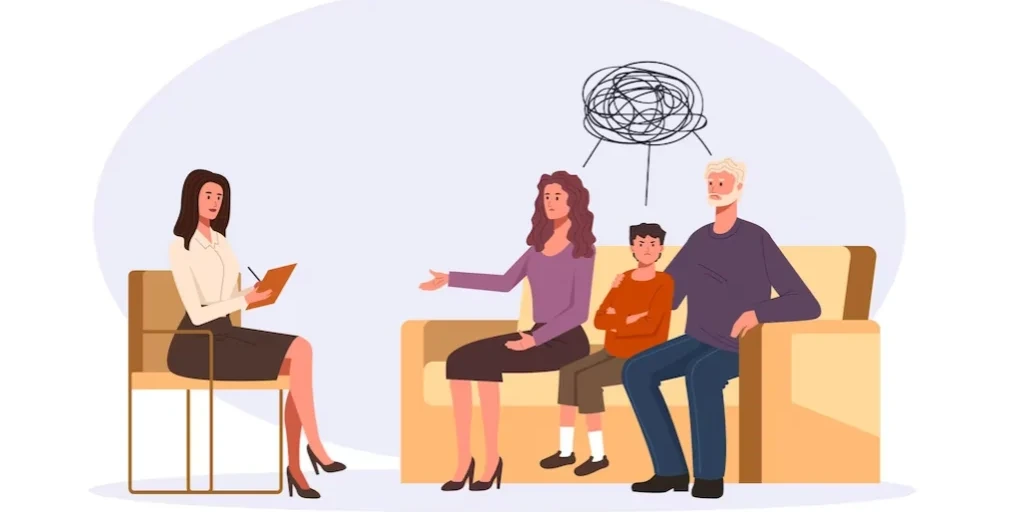24/7 Helpline:
(866) 899-221924/7 Helpline:
(866) 899-2219
Learn more about Medication-assisted Treatment centers in Wetumka

Other Insurance Options

Kaiser Permanente

Sliding scale payment assistance

Highmark

Horizon Healthcare Service

Absolute Total Care

Holman Group
Beacon

Private insurance

CareFirst

UnitedHealth Group

Access to Recovery (ATR) Voucher

Optima

Ceridian

Providence

Choice Care Network

State Farm

American Behavioral

WellPoint

United Health Care

ComPsych


Oklahoma Families First
Oklahoma Families First is a private rehab located in Holdenville, OK. Oklahoma Families First speci...















































Carl Albert
Carl Albert is a public rehab located in Holdenville, Oklahoma. Carl Albert specializes in the treat...










































